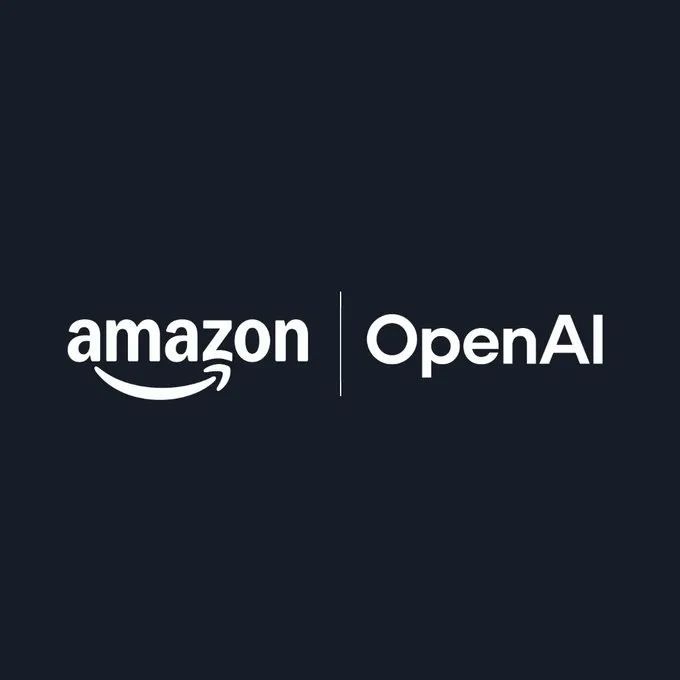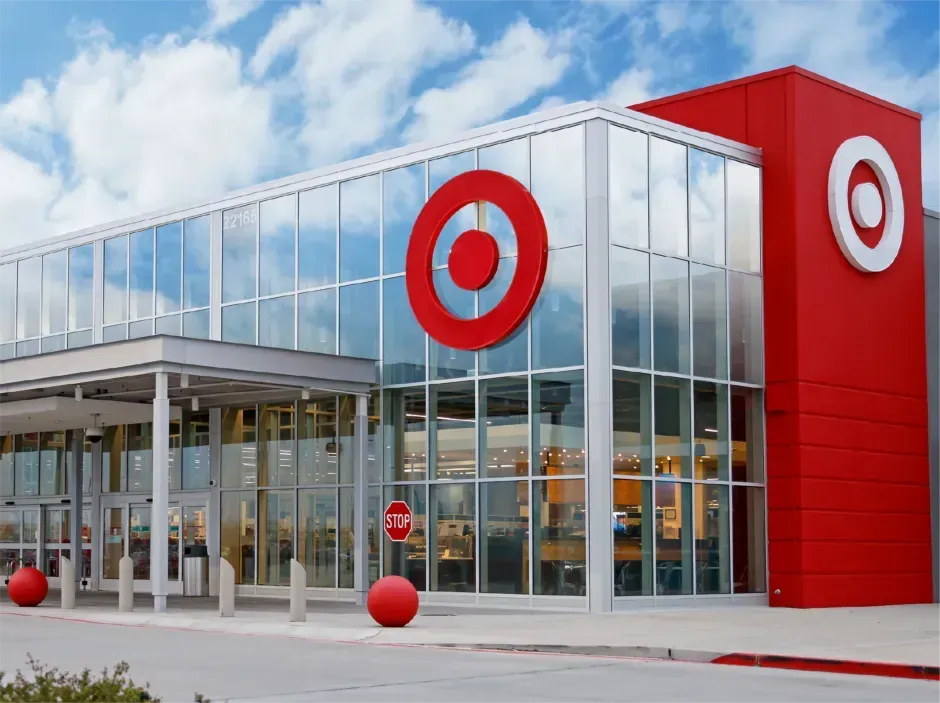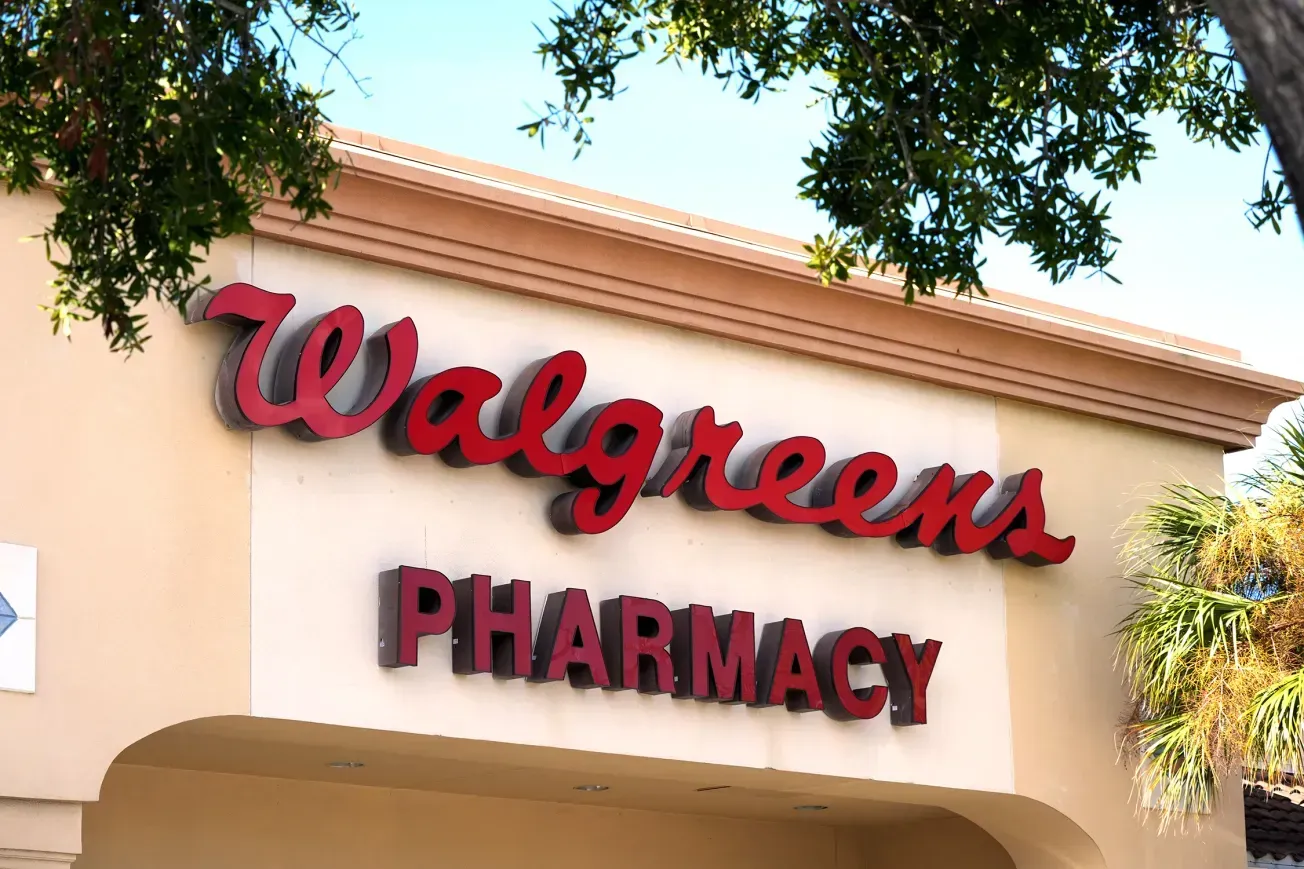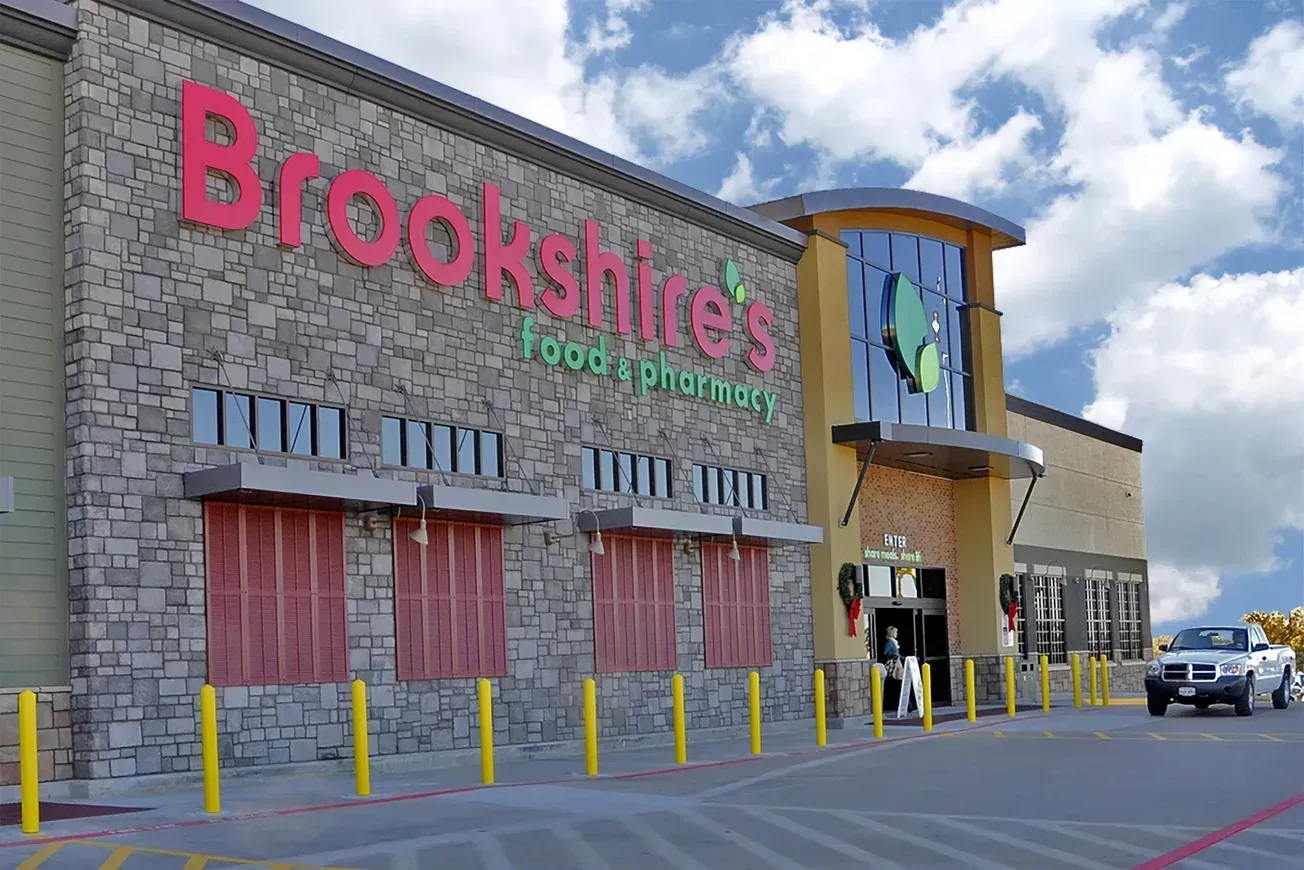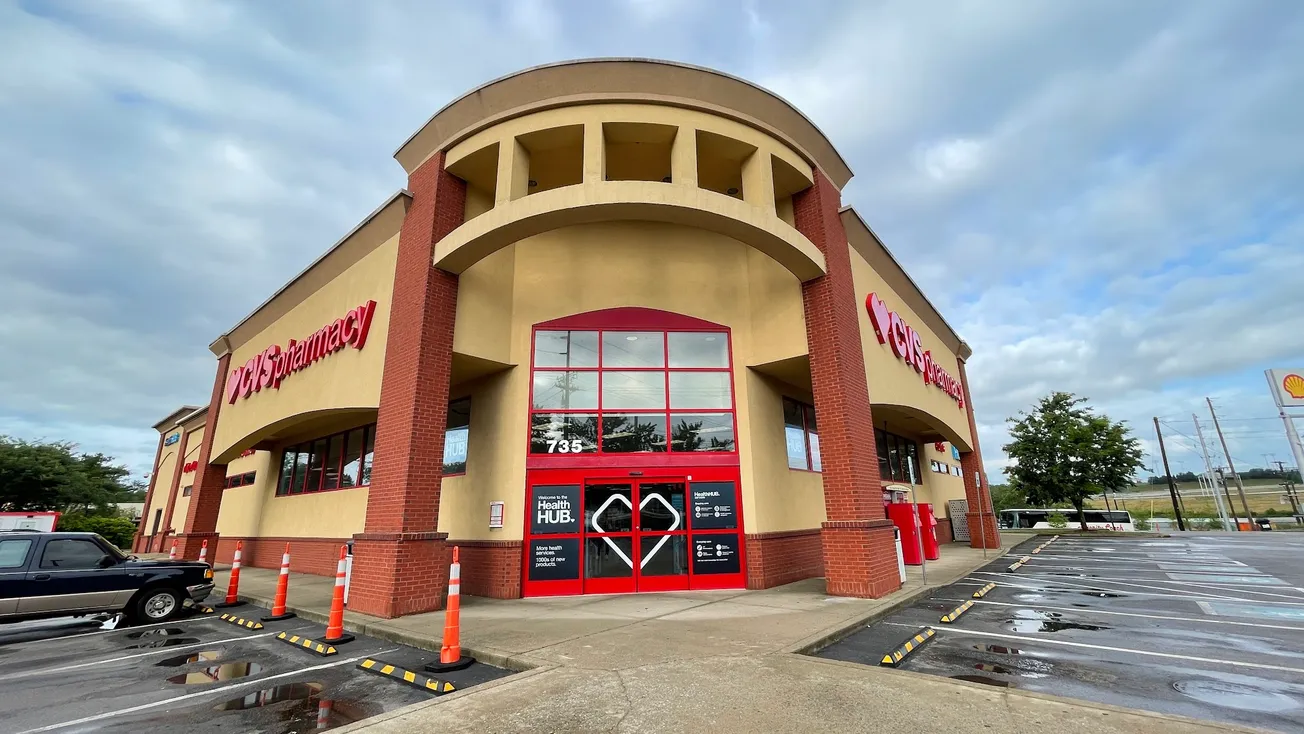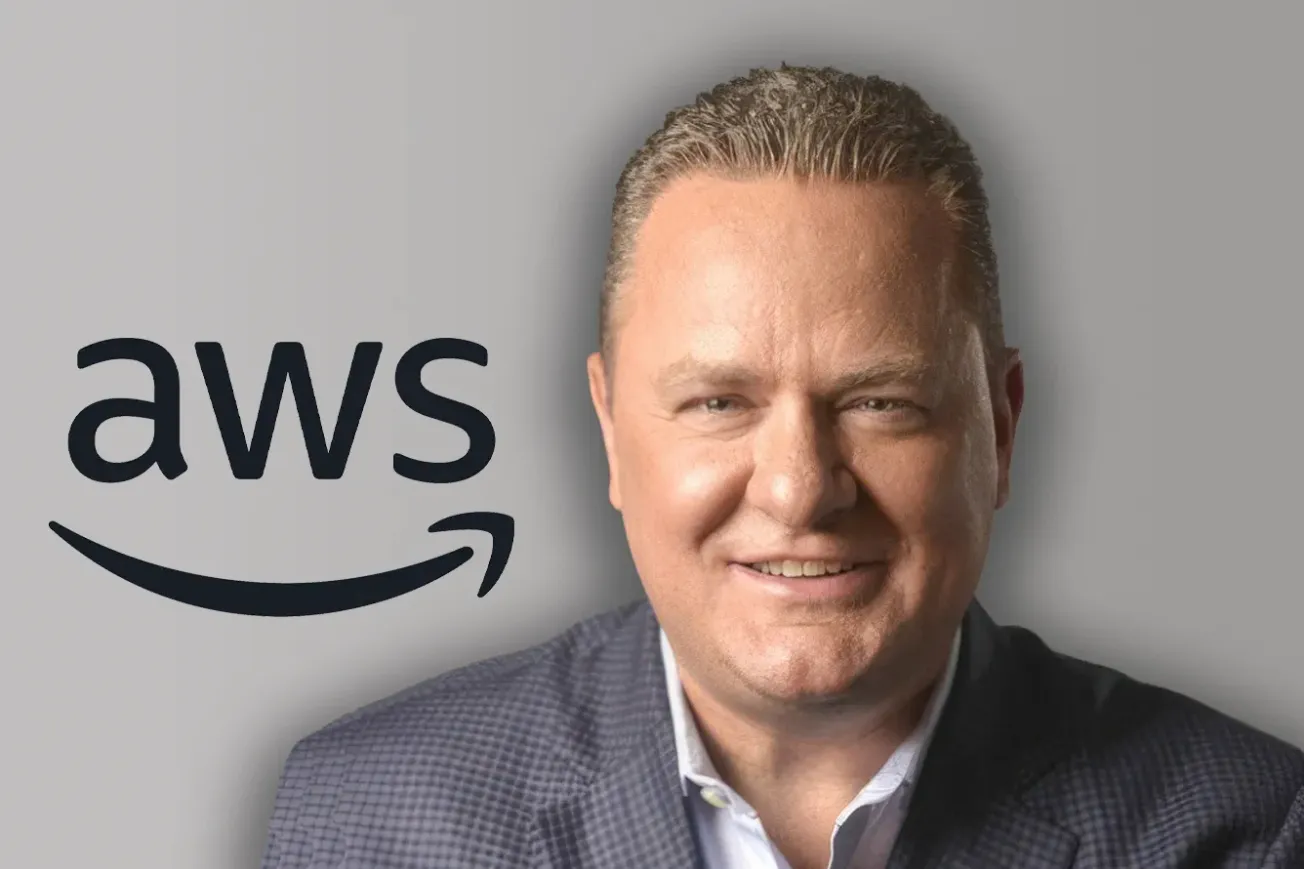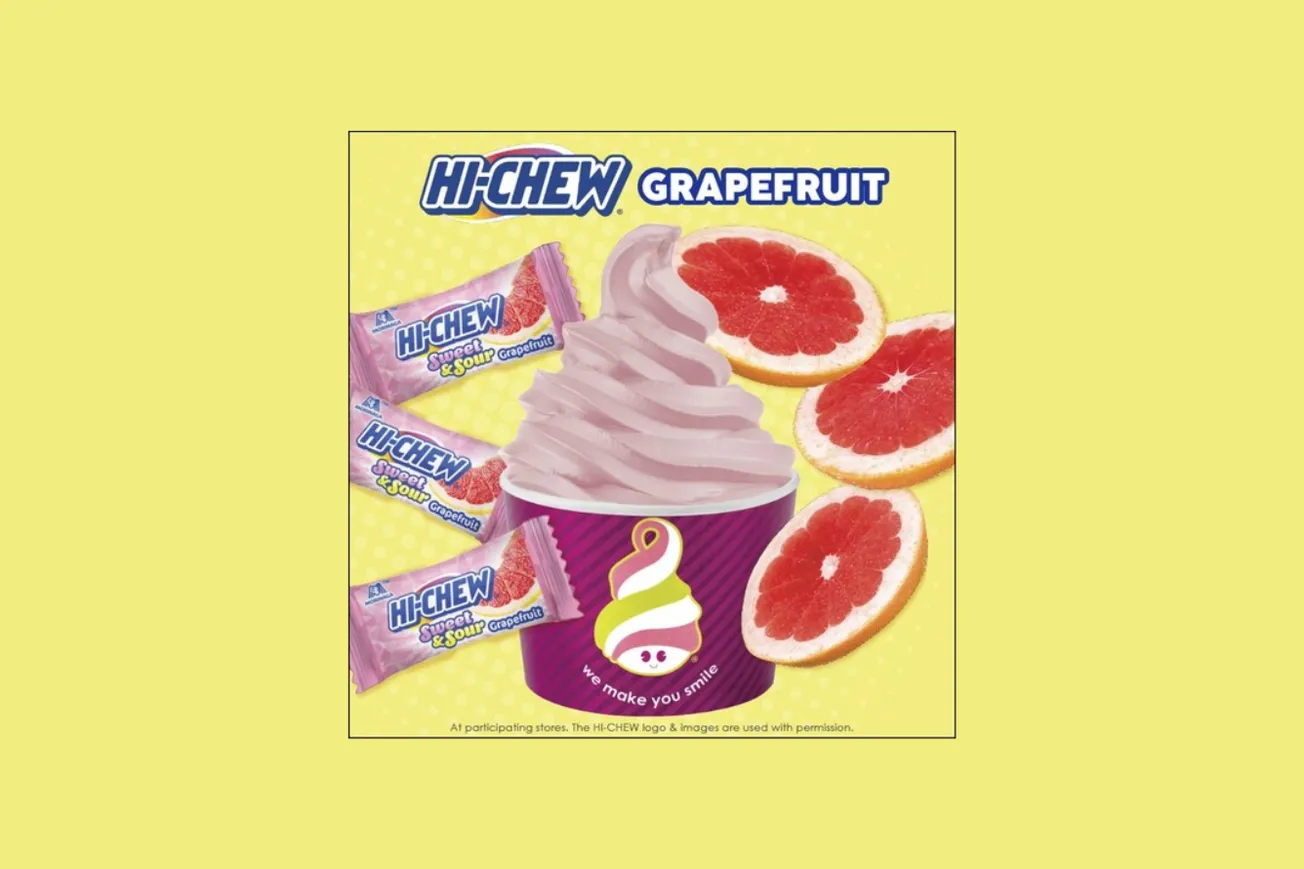NEW YORK — Opposition has surfaced to the effort by the National Association of Boards of Pharmacy (NABP) to own and operate ".pharmacy," a new generic top-level domain (gTLD) for online sellers of prescription drugs.
NABP applied for the .pharmacy domain suffix with the Internet Corporation for Assigned Names and Numbers (ICANN) in June 2012. And last week the association said its application has passed ICANN’s initial evaluation.
The aim of establishing a new Internet domain for pharmacies is to provide consumers a safe, easy way to identify legitimate online sellers of prescription medications, given the plethora of "rogue" online drug websites and fake, substandard medicines, according to NABP.
But on Thursday, consumer watchdog and activist groups Public Citizen, Demand Progress and RxRights.org said they’re opposing NABP’s bid to administer .pharmacy. They claim NABP’s standards would prevent non-U.S.-based online pharmacies that sell to Americans from being registered, including those legally operating in Canada with licenses verified by PharmacyChecker.com, a New York-based company that provides price comparison, verification and other information to help consumers evaluate online drug sellers. They noted that millions of Americans rely on affordable medicines purchased from such pharmacies.
"NABP has proposed an unfair standard that would bar online pharmacies that serve U.S. consumers but are located outside of the United States from using the domain. This would exclude many licensed pharmacies which offer American consumers low-cost medicines of quality," Peter Maybarduk, program director of global access to medicines for Public Citizen, said in a statement.
Maybarduk cited Section 18(a) IV of NABP’s ICANN application for .pharmacy. In part, that section states, "NABP is currently evaluating a validation process whereby only online pharmacies and related entities that meet all regulatory standards in the jurisdictions in which they are based and in which they do business, including pharmacy licensure, drug authenticity, and valid prescription requirements, as applicable, would be permitted to register in .pharmacy."
According to David Moon, program director of Demand Progress, such a standard would unfairly group genuine online pharmacies with illicit Internet drug sellers.
"Members of the pharmaceutical industry who support NABP’s application have consistently conflated online retailers selling counterfeit drug sales with those selling legitimate products," Moon stated.
Opponents of NABP’s ownership of .pharmacy also claimed that backers of its application and members of the association’s governance, which include large pharmaceutical manufacturers and drug chains, are angling to thwart Internet competitors and discourage consumers from buying medication outside the United States.
"Empirical study shows that the biggest barrier to medication adherence is cost. Forty-eight million Americans did not fill a prescription due to cost in 2010, according to the Commonwealth Fund. Therefore, consumers will most benefit from a trusted, open and competitive .pharmacy space," stated Lee Graczyk, executive director of RxRights.org, a national coalition that supports safe prescription drug importation. "It should not be used to protect the market share of U.S. pharmaceutical entities nor settle cross-border legal ambiguities to consumers’ detriment."
NABP, however, has said that .pharmacy will be available to legitimate online pharmacies and related entities located in the United States and other nations.
"By distinguishing .pharmacy as a domain space exclusively for appropriately licensed, legitimate Internet pharmacies operating in compliance with international pharmacy standards, NABP aims to protect the global public health from dangers of substandard drugs distributed by rogue online sellers," NABP president Karen Ryle stated when the association announced that .pharmacy passed ICANN’s initial evaluation.
Drug supply chain concerns are a key factor behind the .pharmacy effort, according to NABP. The association has explained that when medicine passes through multiple foreign countries via unknown buyers, sellers and distributors, transactions often occur without regard to regulations designed to ensure patient safety. As a result, drug products of dubious quality may enter the supply chain and are often illegally distributed by online sellers, NABP said.
NABP noted that it continues to track websites selling prescription drugs to U.S. consumers and that as of April it had reviewed more than 10,400 Internet drug outlets and found 97% of them to be noncompliant with U.S. pharmacy laws and practice standards.
Of the 10,082 Web sites identified as "Not Recommended," almost half offer foreign or non-Food and Drug Administration-approved drugs to U.S. residents, and many of those sellers distribute counterfeit drugs, NABP reported. The association added that U.S. and international health and regulatory agencies have reported cases of patients harmed by fake, substandard and adulterated medications distributed by illegal Internet drug sellers.
NABP said it will now work toward operationalizing the .pharmacy gTLD program as it awaits the final stages of ICANN’s evaluation process. Up next in the process is execution of the registry agreement with ICANN and performance of predelegation testing, which ensures that NABP and its technical partners have the capacity to securely operate the new gTLD.
"Passing this hurdle in the .pharmacy application process is a significant success in NABP’s initiative to establish a safe online space that will benefit patients and the health care community around the world," Ryle commented. "With the online distribution of counterfeit and substandard medications posing a growing threat to consumers, NABP is extremely pleased to move forward with its plans for the .pharmacy gTLD."
According to NABP, stakeholders supporting its application include many groups in the global pharmacy community, such as the Alliance for Safe Online Pharmacies, Eli Lilly and Co., the European Alliance for Access to Safe Medicines, Gilead Sciences Inc., the International Pharmaceutical Federation, Interpol, Janssen Pharmaceuticals Inc., LegitScript, Merck/MSD, the National Association of Pharmacy Regulatory Authorities and state boards of pharmacy.

